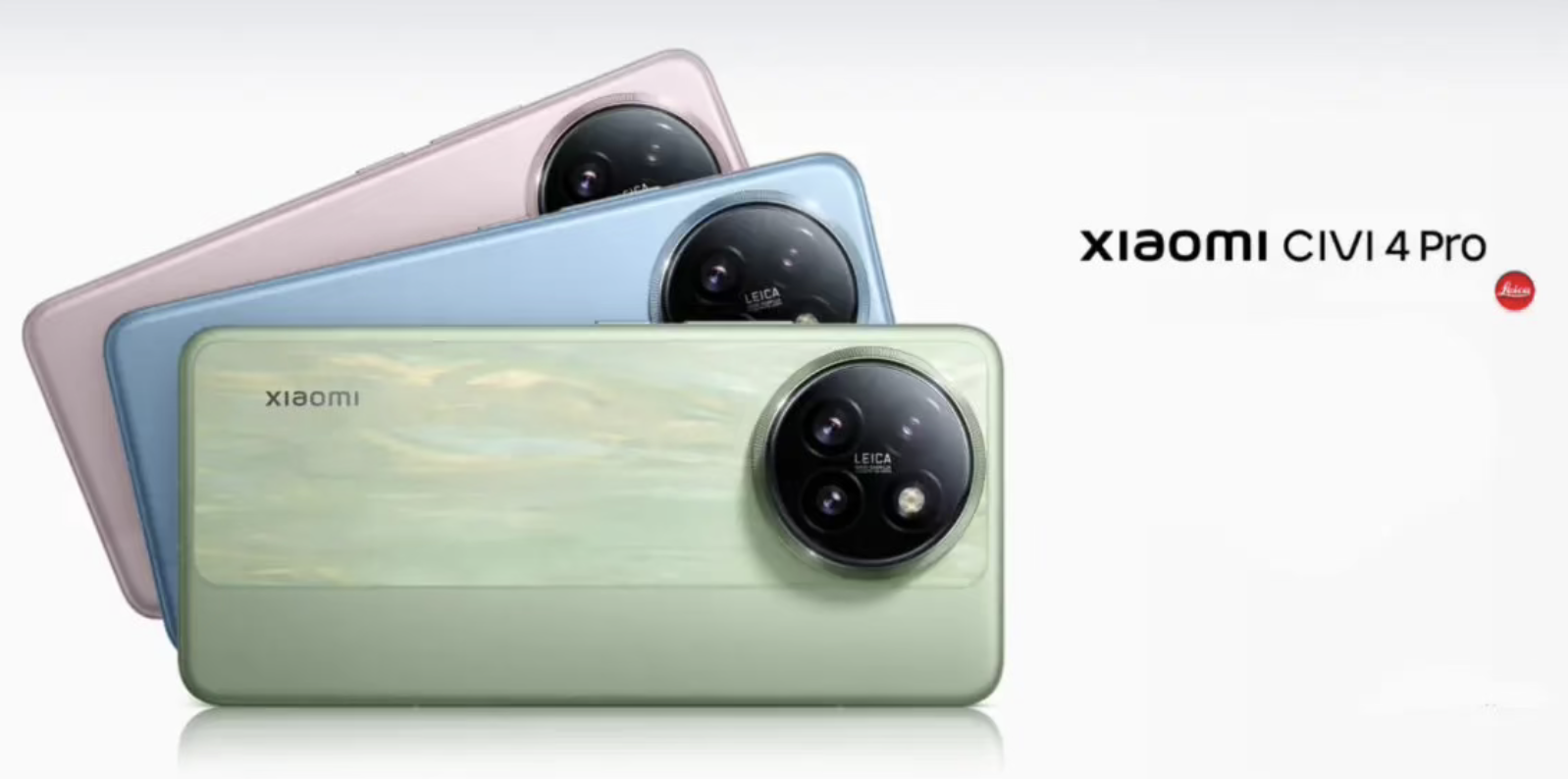The RADV open-source Radeon Vulkan driver within Mesa supports GFX9/Vega graphics cards but not the later CDNA-based Instinct accelerators. However, some patches merged today for Mesa 25.2-devel did introduce some “random bits and pieces” for CDNA but not a full implementation.
RADV co-creator Bas Nieuwenhuizen today landed several patches for the RDNA Vulkan API driver for CDNA. This included adding the CDNA register settings, adapting the RADV driver to hanlde devices not having graphics queues, and other changes for CDNA Instinct accelerators not having a graphics engine. Bas was quick to note though that this isn’t any full support enablement for CDNA:
“The simple stuff found by inspection. No, this is not enabling support for CDNA.”
Though from the merge request it becomes more interesting when looking at the comments. Open-source developer “nihui” who works on Tencent’s NCNN Vulkan-based neural network inference framework and other NCNN/Vulkan projects commented:
“This patch is useful. I applied it to the latest mesa master branch and tried to open the condition for judging cdna. Radv can correctly identify the cdna card (gfx940) I modified ncnn, removed all graphics-related initialization code, so that only compute queue is used without any image code, and then replaced vkpeak’s ncnn.
…
Update: When using the default aco backend, setting ACO_DEBUG=noopt can avoid the driver reset error of ring timeout and can run vkpeak to completion, but a large number of results are found to be wrong in the ncnn unit test, while they are correct in the llvm backend.
Most of the failed tests are due to shaders involving packHalf2x16 / unpackFloat2x16. If I deliberately avoid testing the fp16-related parts, I can get 96% pass on aco backend.”
The lack of CDNA3 support by the ACO compiler back-end is a known limitation. It is interesting to see the progress being made for GFX940 for the AMD Instinct MI300 series.
Nihui did open this merge request already with an ACO fix for GFX940.
Like with NCNN, this Vulkan API support for CDNA/Instinct could be interesting if it gets far enough along for being able to handle Vulkan compute workloads like AI/ML, especially with Vulkan picking up more extensions around AI / machine learning workloads and software like Llama.cpp having Vulkan support as an alternative to using AMD’s ROCm. For now what’s merged to Mesa 25.2 is just some “random bits and pieces” but it will be interesting to see what more comes of RADV driver work on CDNA/Instinct.










